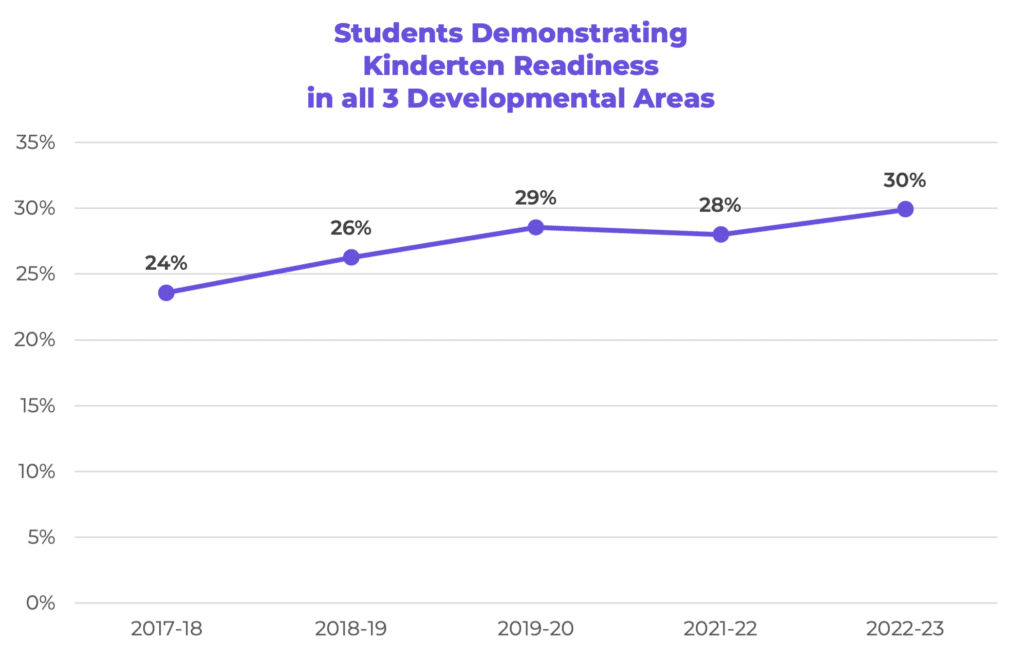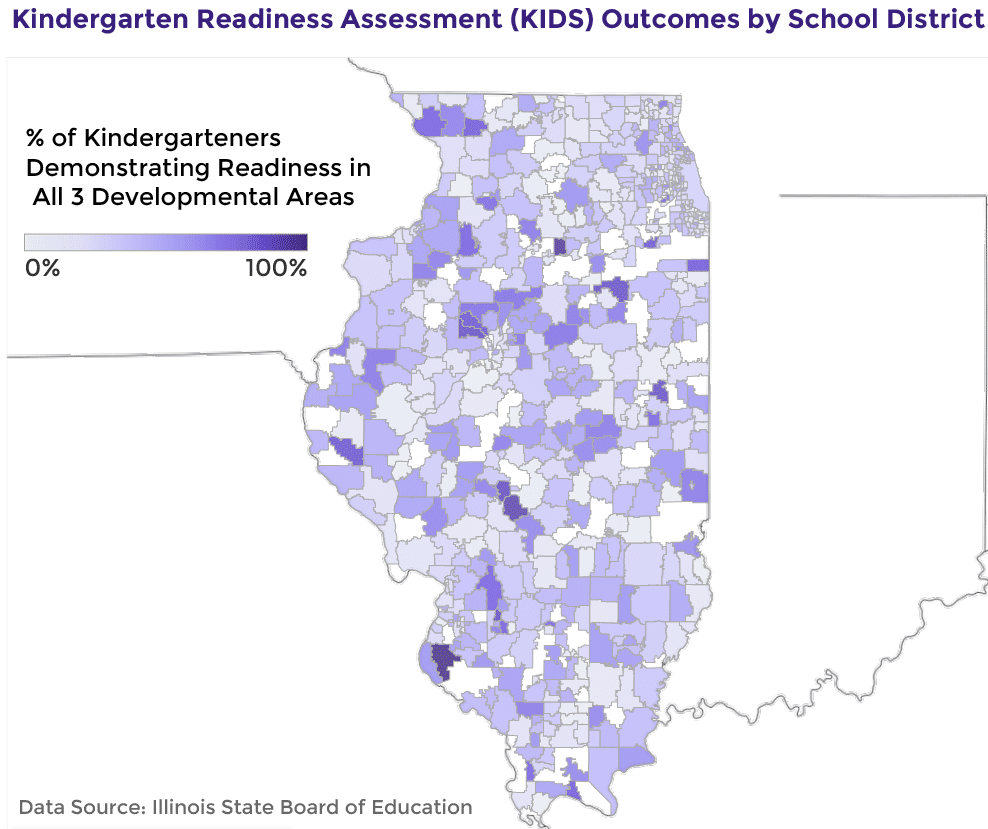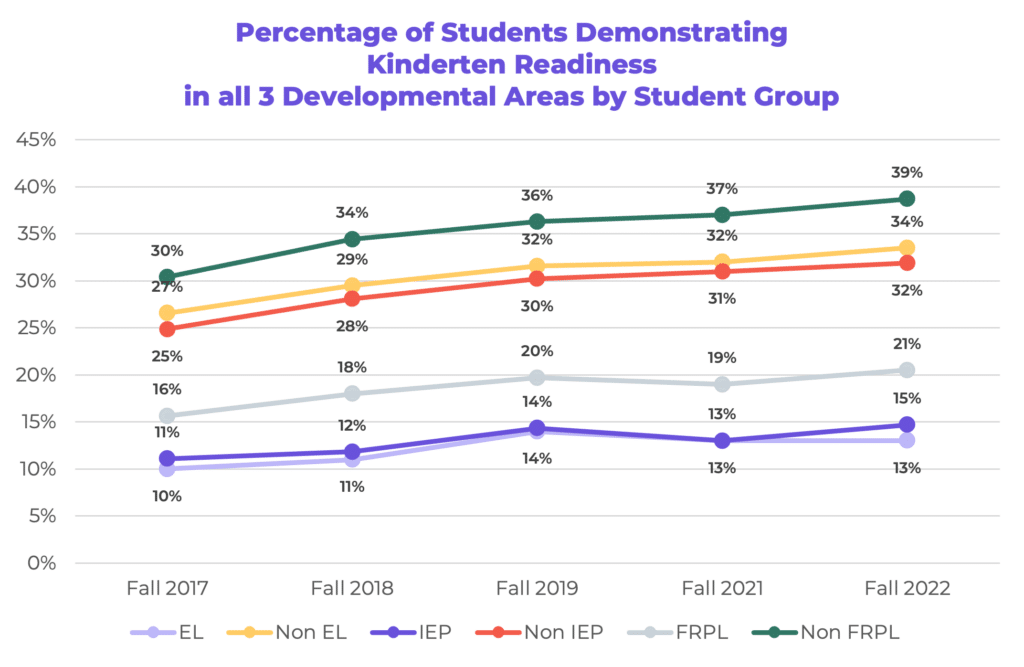Last month, Illinois Governor J.B. Pritzker signed the Fiscal Year 2025 budget into law. The new budget includes increases in statewide investments in many core early learning and care supports for Illinois families with young children, including the roughly 200,000 of whom live in Chicago.
Outlined below are several of the most notable impacts of Illinois’ newest budget on Chicago’s youngest learners and those who support their healthy development and education.
EARLY CHILDHOOD BLOCK GRANT: $75 Million Increase
The 2025 state budget includes a welcome increase of $75 million (11.1% increase) in state funding for preschool, evidence-based home visiting services and center-based infant-toddler programs funded by the Early Childhood Block Grant (ECBG). As is required by state statute, Chicago Public Schools (CPS) will receive 37%, which translates to roughly $27.8 million of the $75 million statewide increase.
Of this allocated funding, CPS has traditionally held on to 60% to fund their school-based pre-Kindergarten (pre-K) programs and sub-granted the remaining 40% to Chicago’s Department of Family and Support Services (DFSS), which are used to fund home visiting and center-based services in community-based programs. This breaks down to roughly $16.7 million more in funding directly for CPS’ pre-K programs and an additional $11.1 million in funding for DFSS community-based early childhood programs. Given that CPS has achieved universal pre-k for 4 year-olds across the district and has no plans to expand 3-year old pre-k, this additional funding should be allocated toward systemic and programmatic improvements, including supports for the workforce, quality initiatives and increased investments in birth – 3 center-based care.
EARLY INTERVENTION: $6 Million Increase
This slight increase in state funding for Early Intervention (EI) comes at a time when child care providers and EI providers in Chicago report decreased access to services and long waitlists for children ages 0-3 with disabilities, as well as unmanageable caseloads for EI providers. Unfortunately, despite this critical need for investment in EI, this small allocation will not include a rate increase for providers, which will cause the workforce to continue to shrink and waitlists to continue to grow as a result.
HOME VISITING: $5 Million Increase
The Illinois Department of Human Services (IDHS) is set to receive an additional $5 million to support its Healthy Families and Maternal Child Home Visiting programs. This 21.8% increase for evidence-based home visiting programs will continue to support slot expansion. IDHS has also fully phased in the requirements that programs meet a salary floor for home visitors, doulas and Coordinated Intake workers.
EARLY CHILDHOOD ACCESS CONSORTIUM FOR EQUITY (ECACE) SCHOLARSHIP: $5 Million
This allocation of funds will not be enough to cover the full cost for current scholarship recipients to complete their degree requirements. Advocates in Chicago have questioned whether this will lead to higher demand for the Chicago Early Learning Workforce Scholarship (CEWLS), a last-dollar scholarship that covers the remaining cost of a prospective early educator’s degree requirements after all other sources of funding have been exhausted. Unfortunately, the CELWS already receives far more applications each year than it is able to fund, with an estimated budget gap of close to $15 Million in 2023.




